Signs you may need a sewer camera inspection:
- Persistent sewer backups in your home or business
- Gurgling noises coming from your drains
- Unusual odors around your property
- You are considering a home purchase and want to be thorough in your assessment of the property.
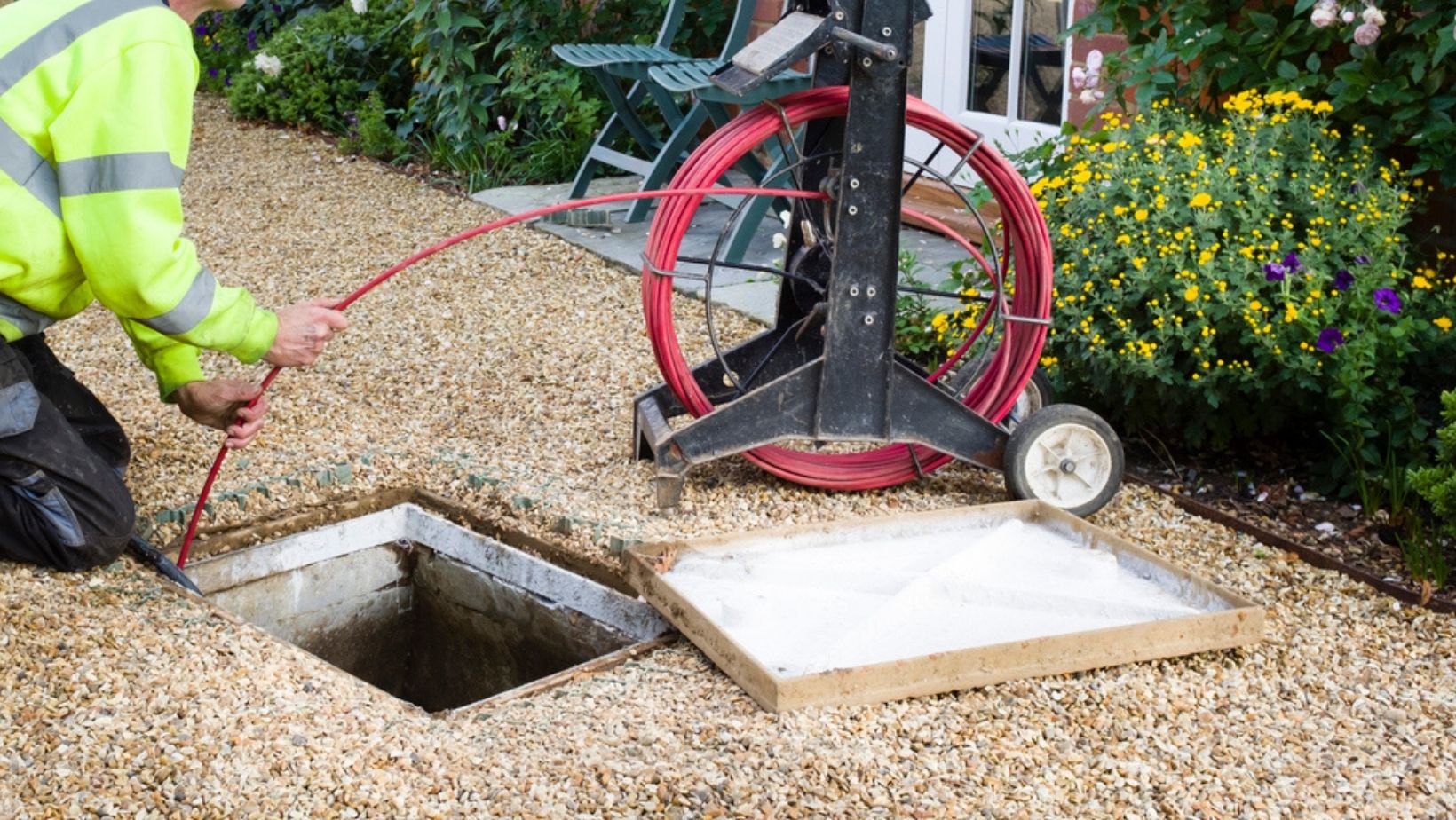
How do sewer lines get damaged?
The most common ways that sewer lines get damaged are from tree roots growing into the line, corrosion leading to cracked or broken pipes, and settlement of the ground around the pipes.
What is a sewer camera inspection?
A sewer camera inspection is a process by which a camera is inserted into the sewer line to visually inspect the condition of the line. This type of inspection may be required when there are concerns about the condition of the sewer line, such as when there are backups or leaks.
Who provides a sewer line inspection?
A master plumber should perform your sewer line inspection, however, not all master plumbers have the proper equipment to do so as the proper equipment can be costly. If you are looking for a sewer line inspection in Northern New Jersey, you have come to the right place!
Call Jersey Plumbing Service today: (908) 281-7101
How a sewer camera inspection works:
1. The sewer line is cleared of any debris or obstructions.
2. A camera is inserted into the line and sent down the length of the pipe.
3. The images captured by the camera are displayed on a monitor, so that the condition of the pipe can be assessed.
If necessary, repairs can be made to the sewer line based on the findings of the inspection.
If you are experiencing any of the problems listed above, it may be time to consider a sewer camera inspection. The team at Jersey Plumbing Service can help you determine if this is the best course of action for your property and can provide quality service when it comes to sewer camera inspections. Give us a call today!
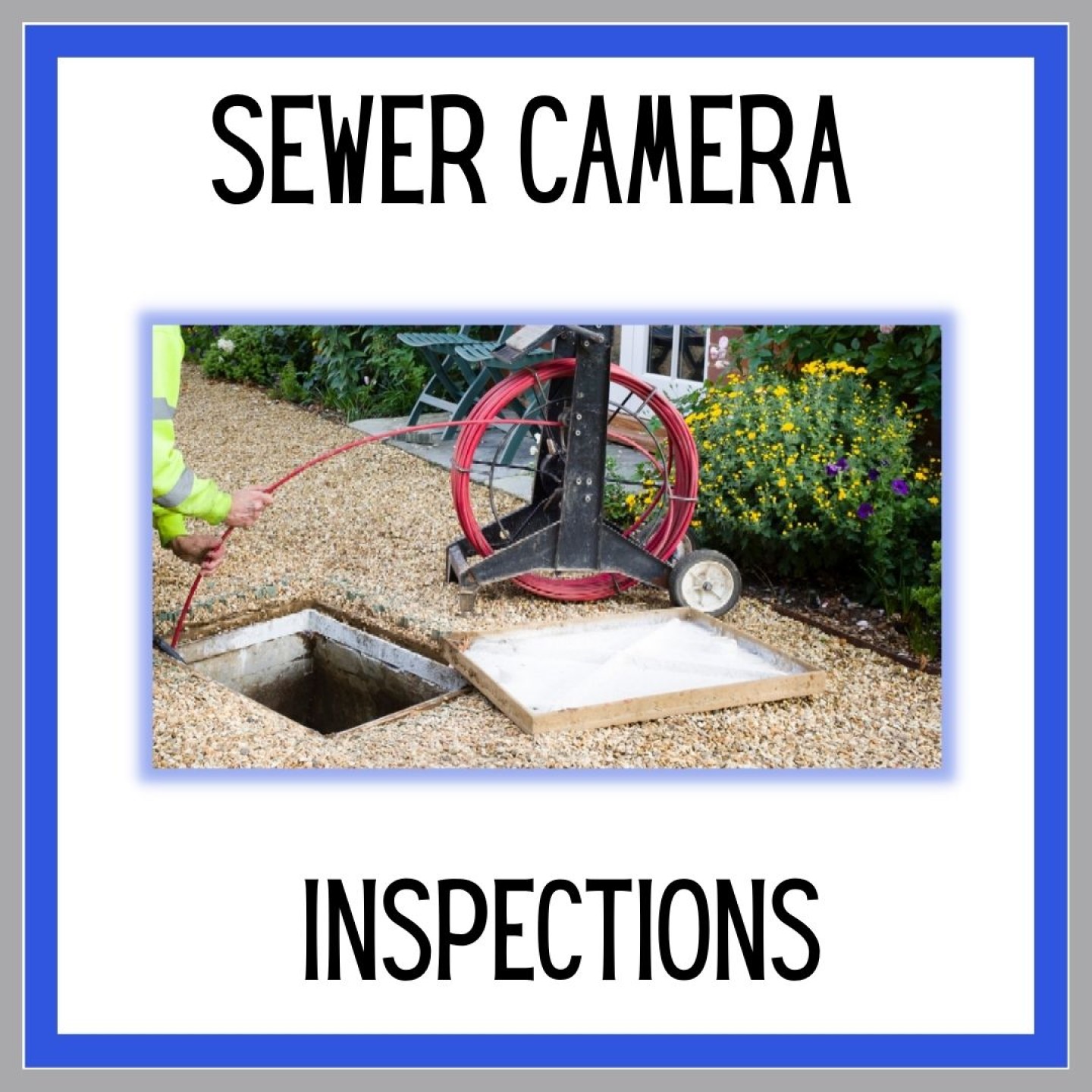
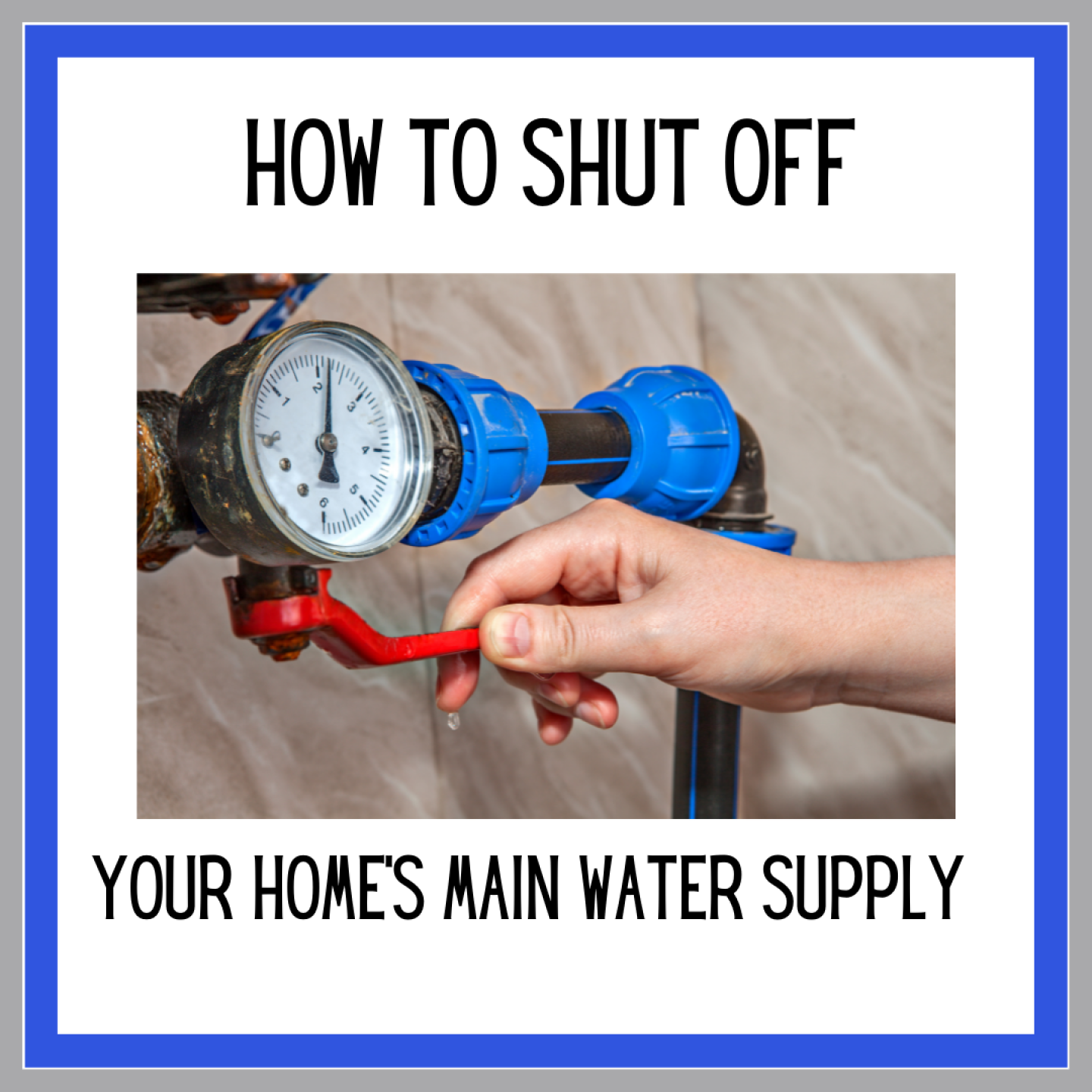
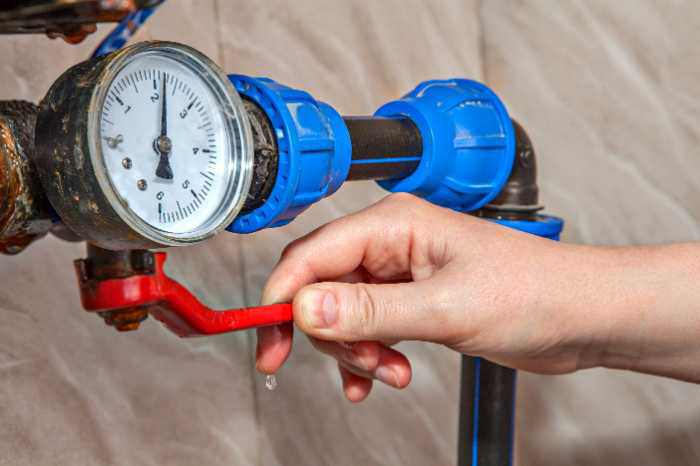
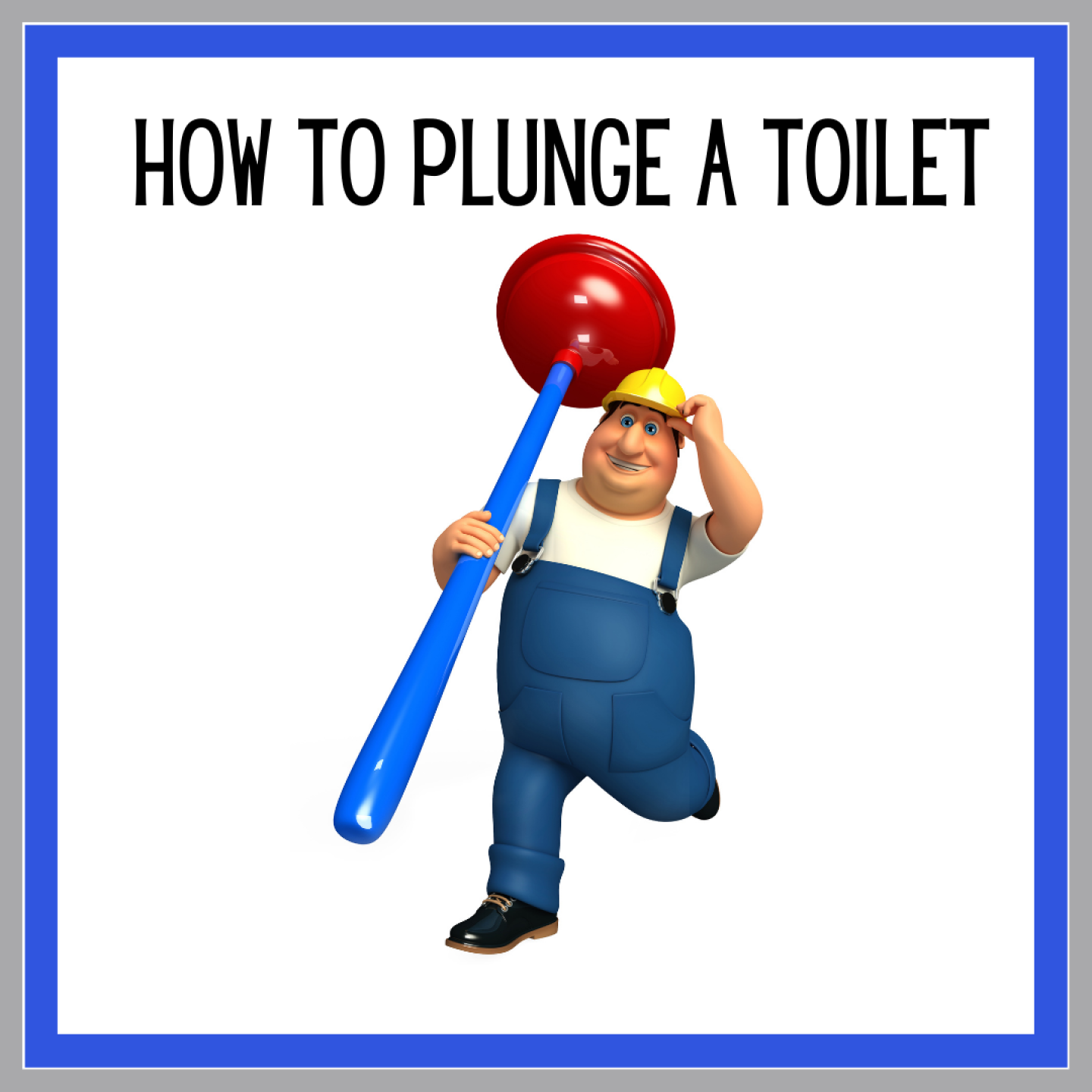
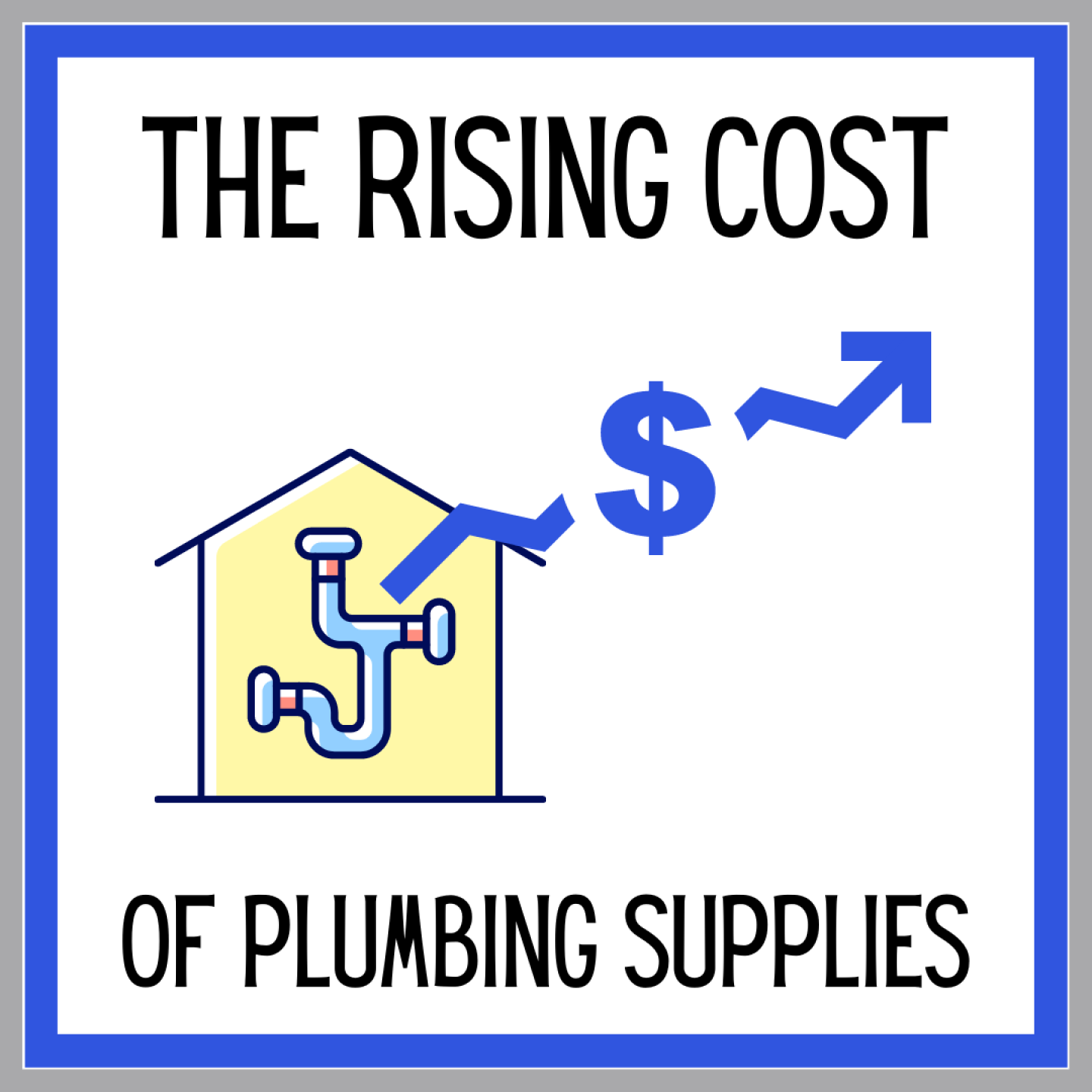

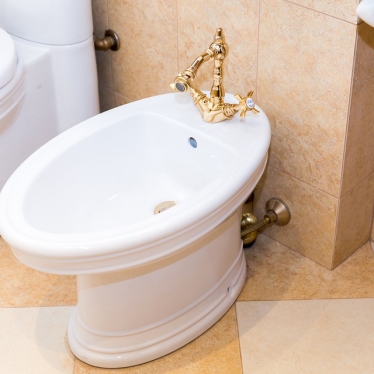
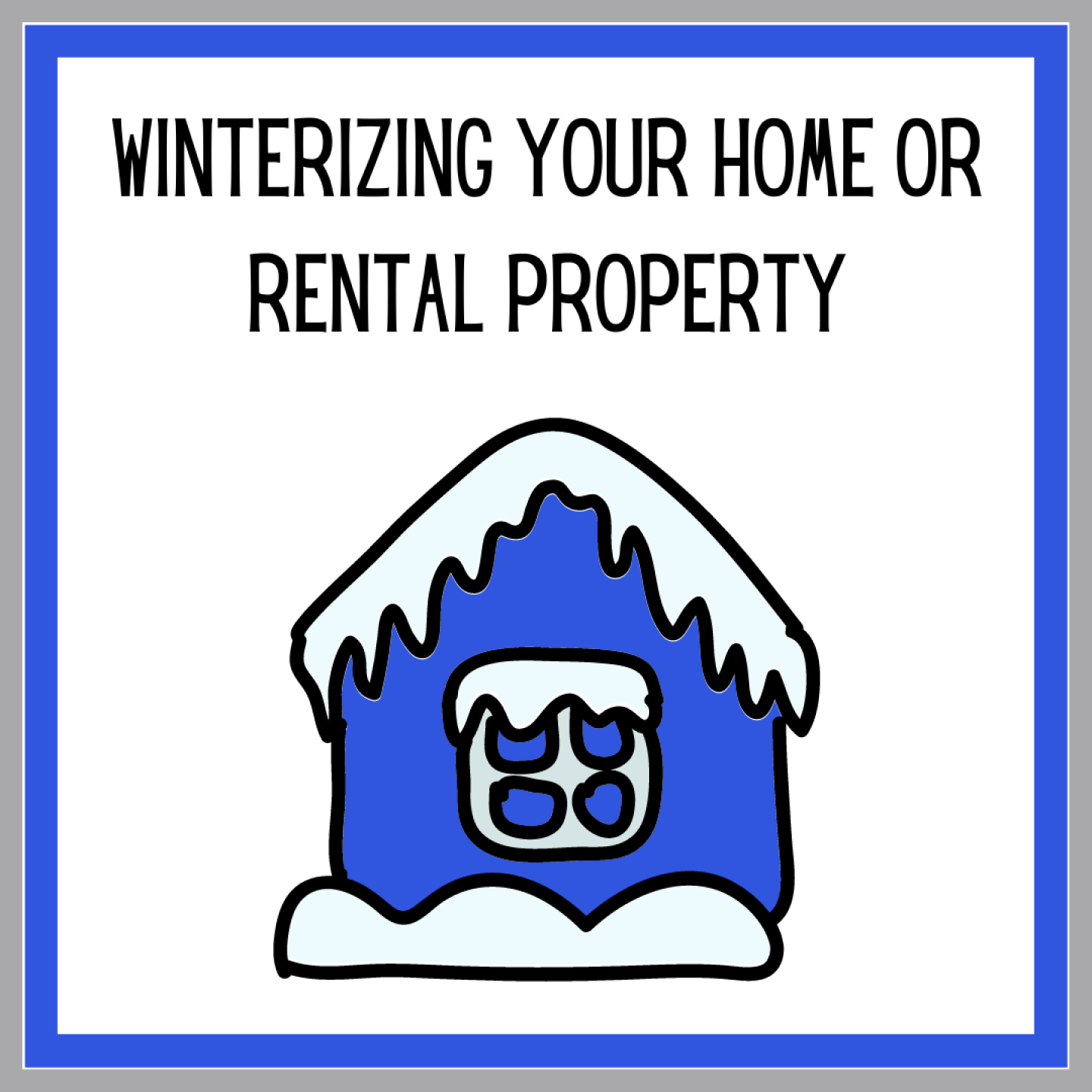
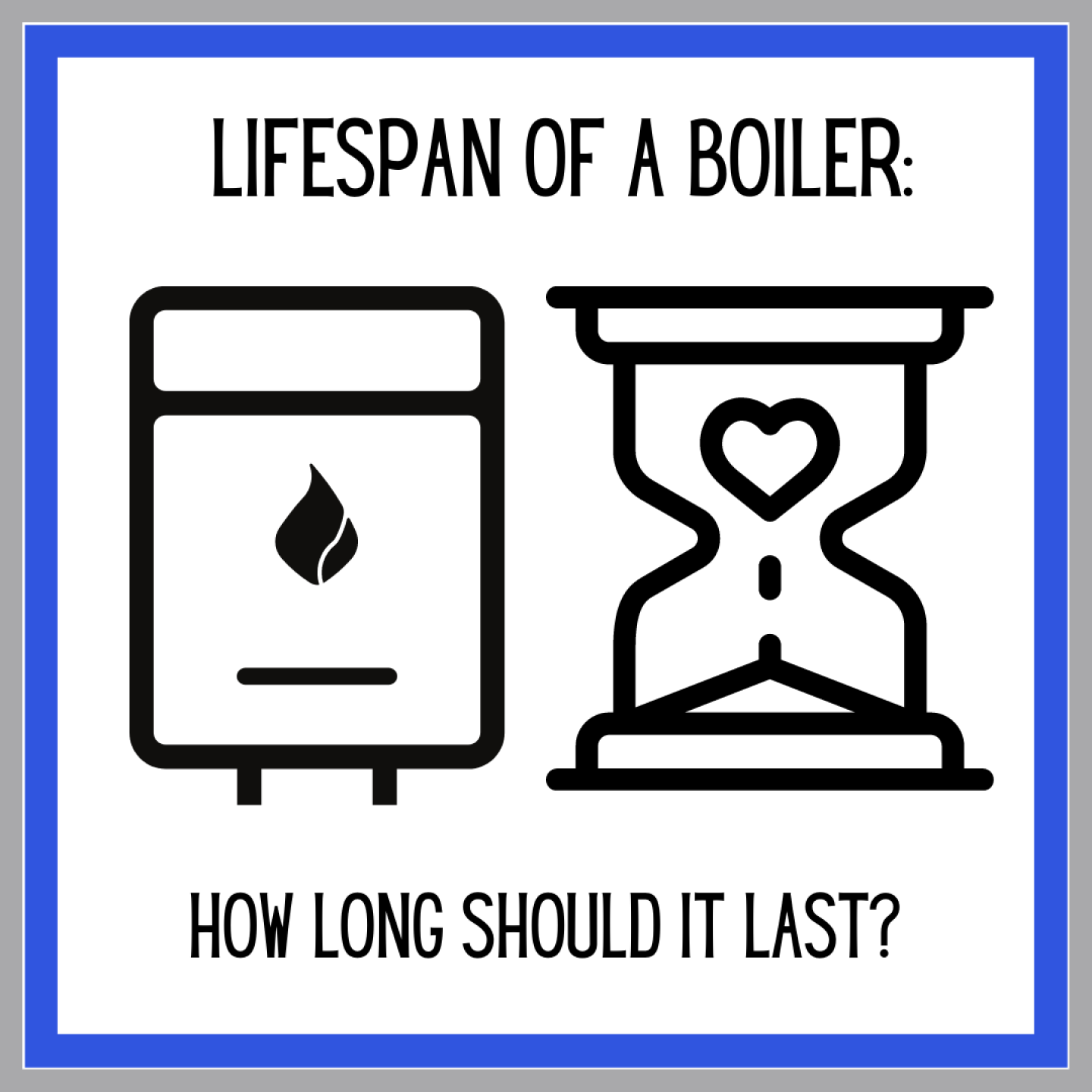
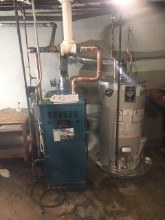

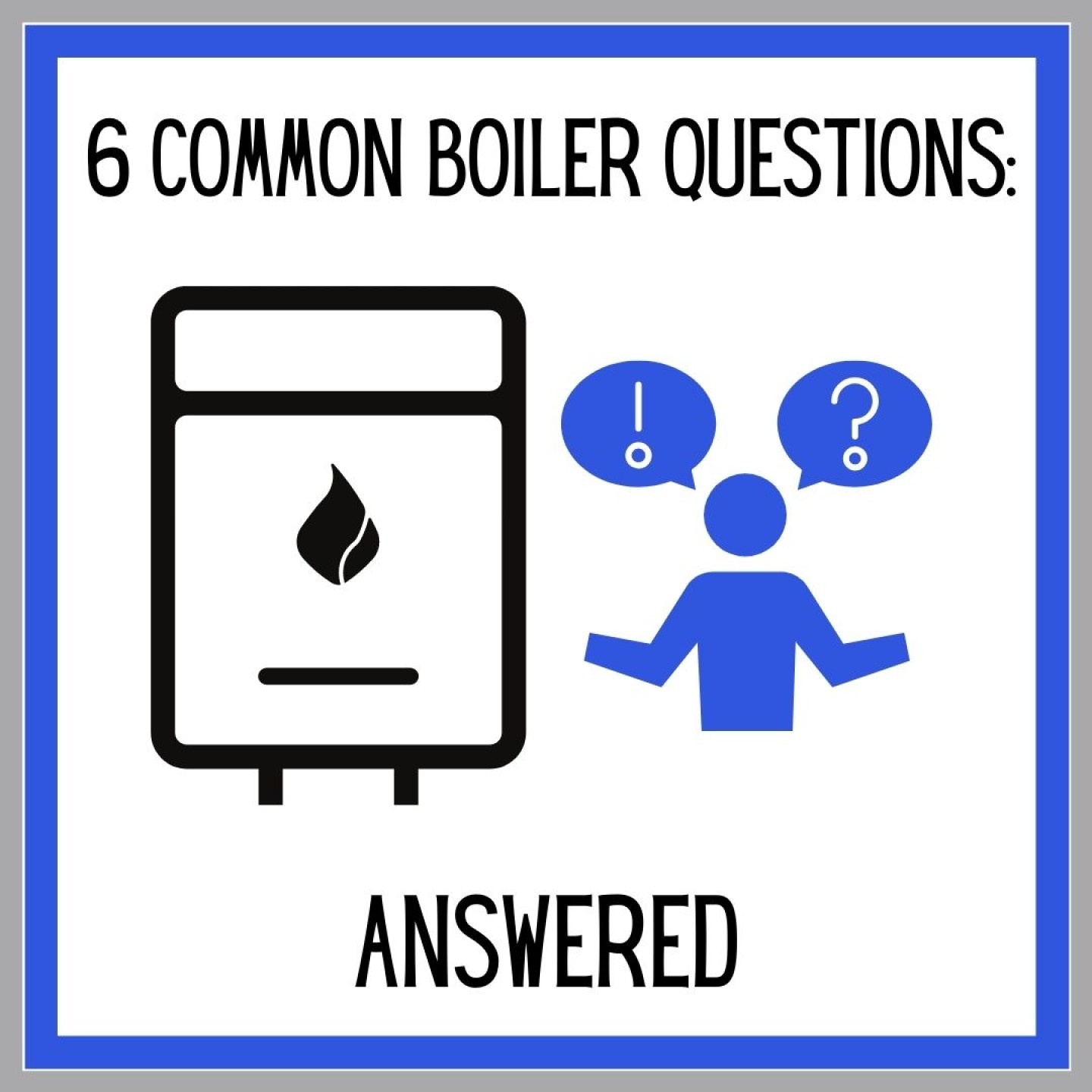
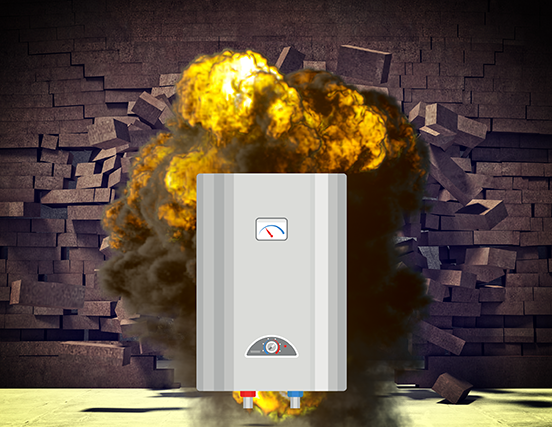
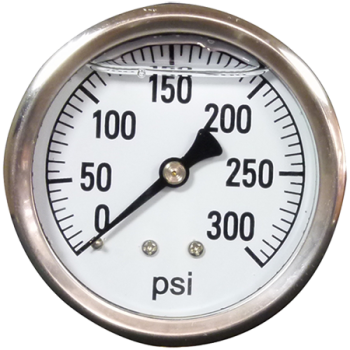
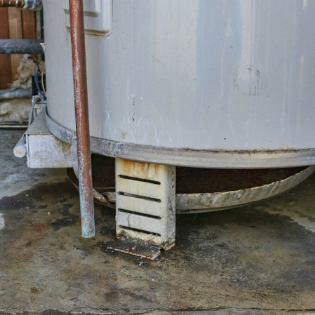
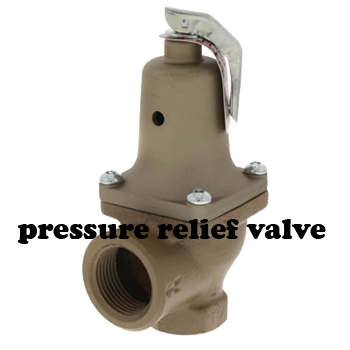
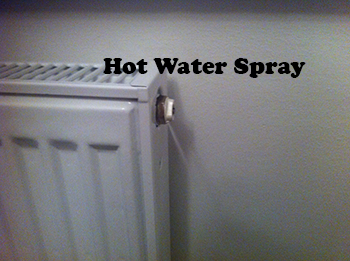
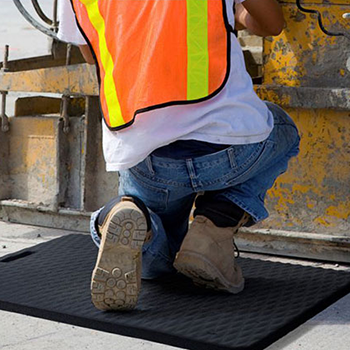
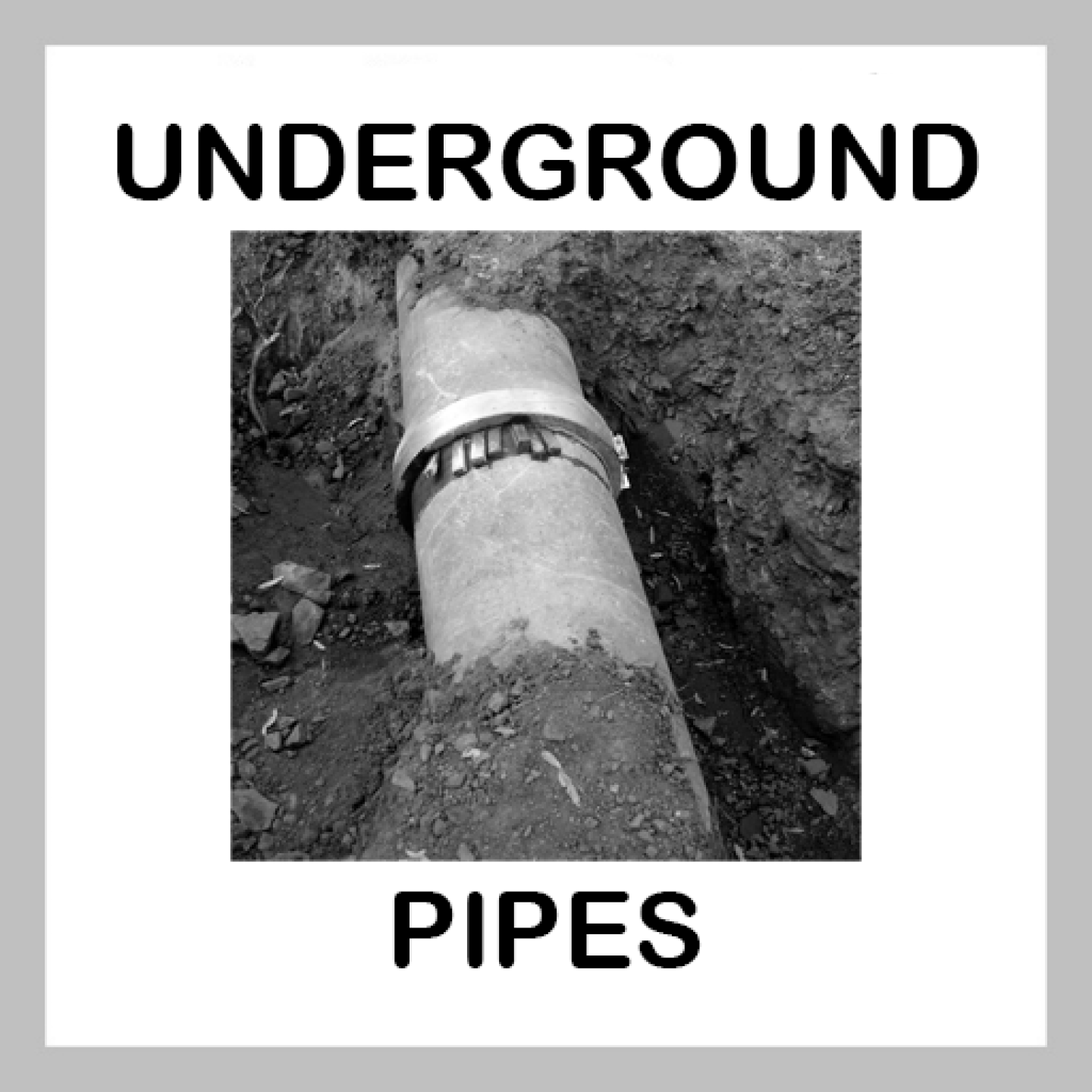
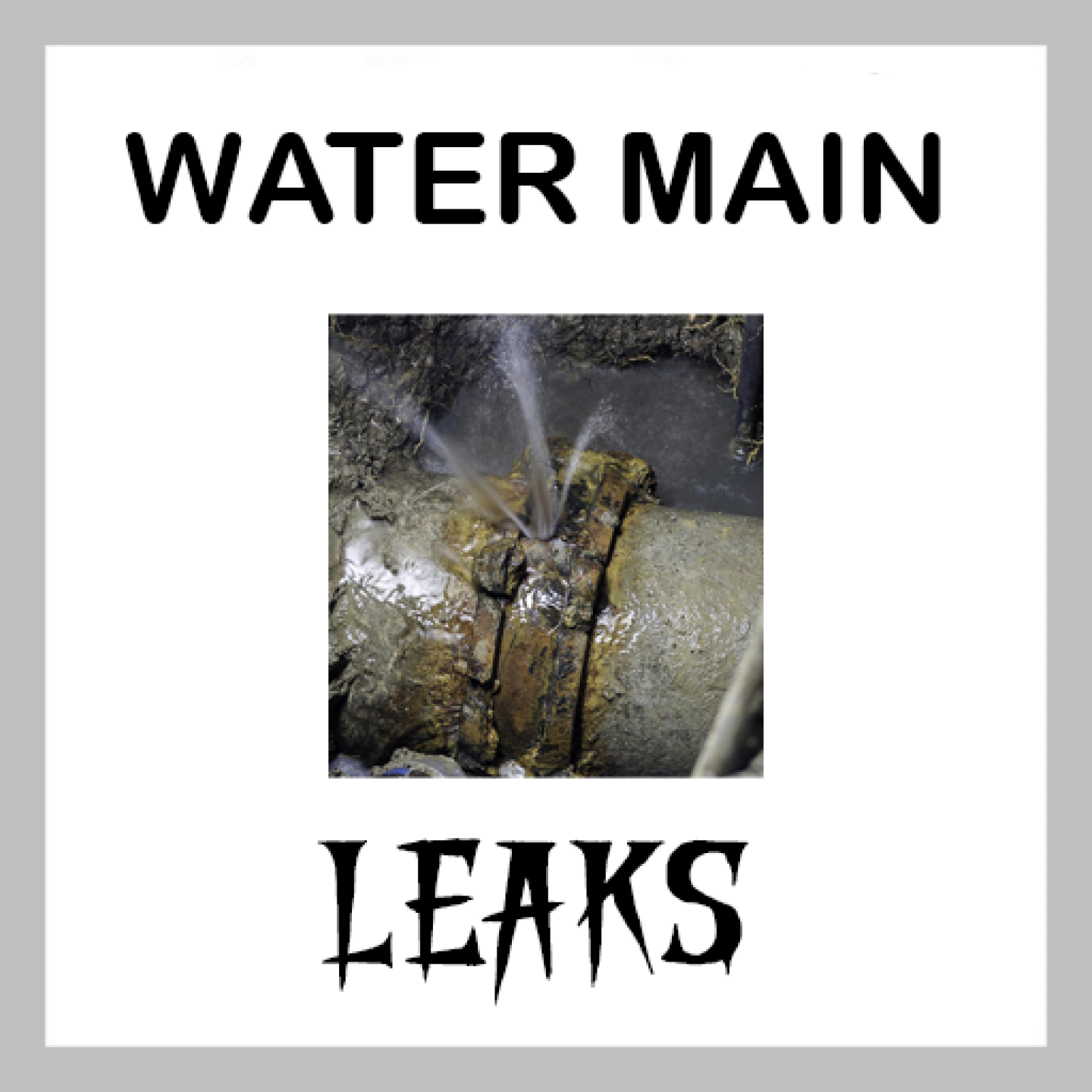
Recent Comments